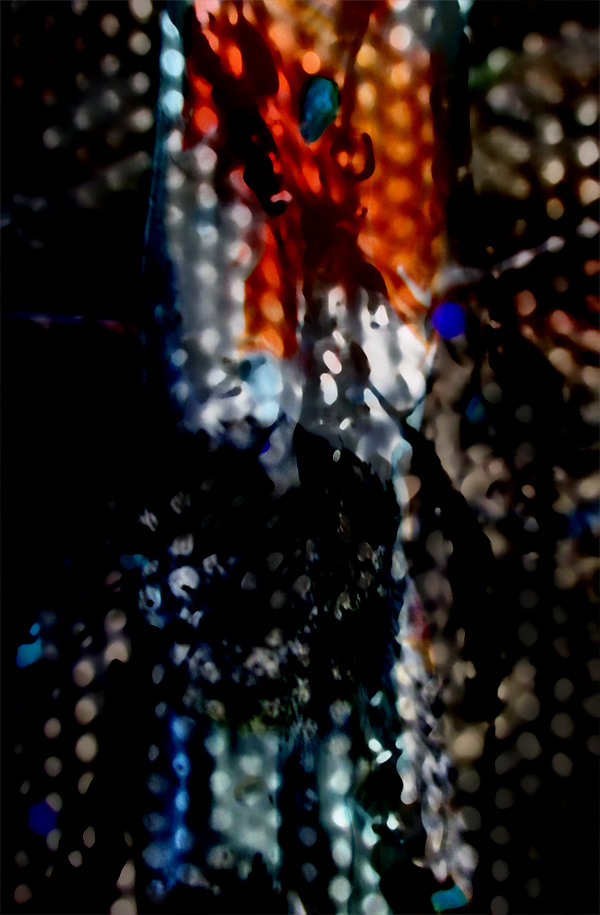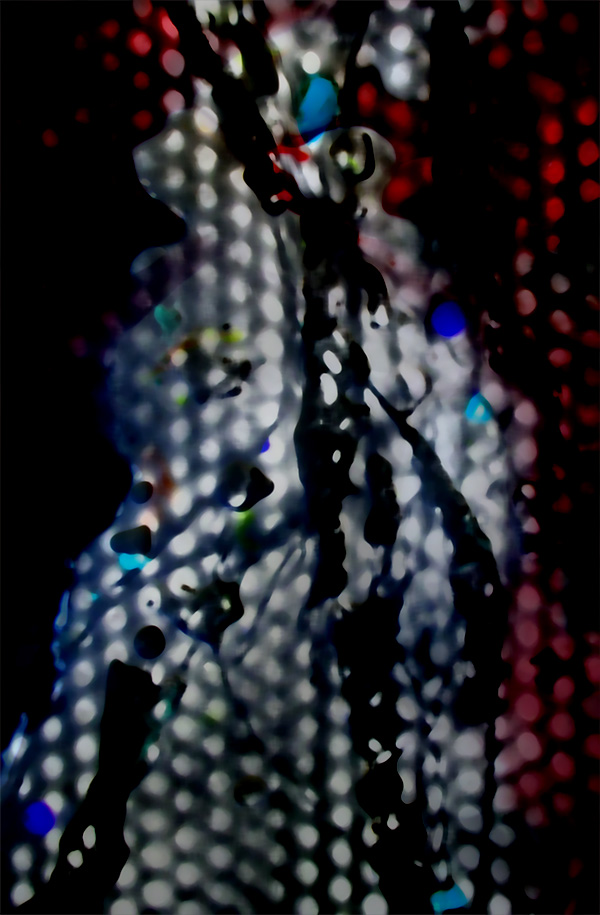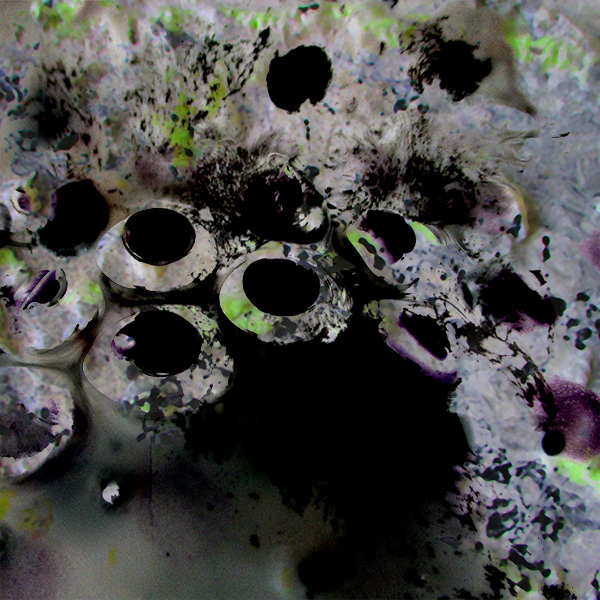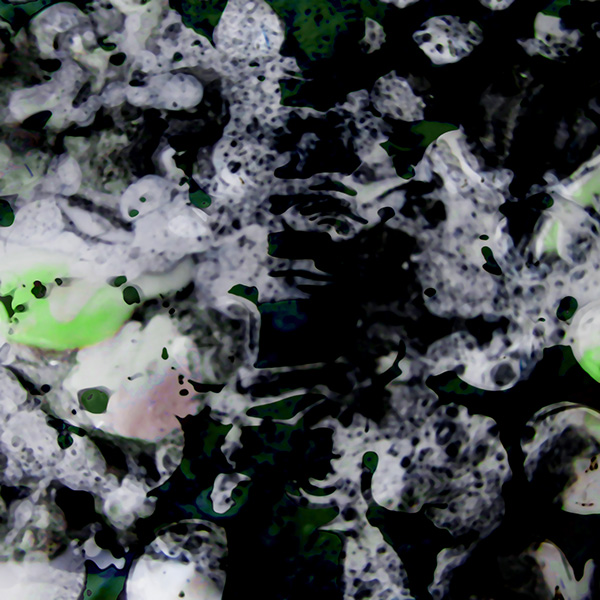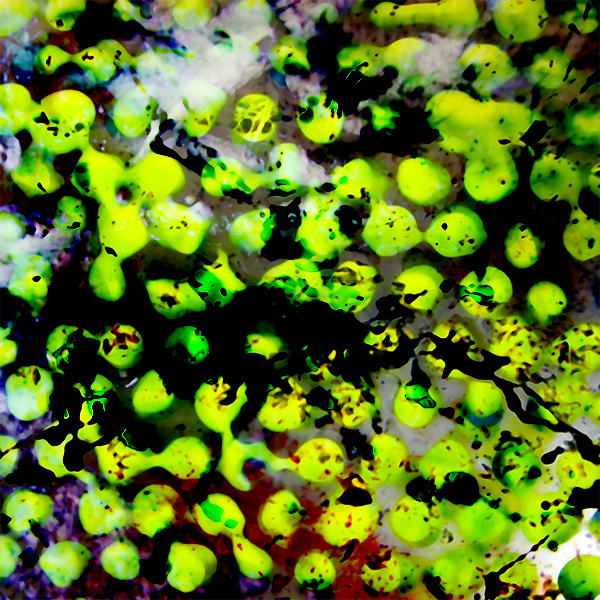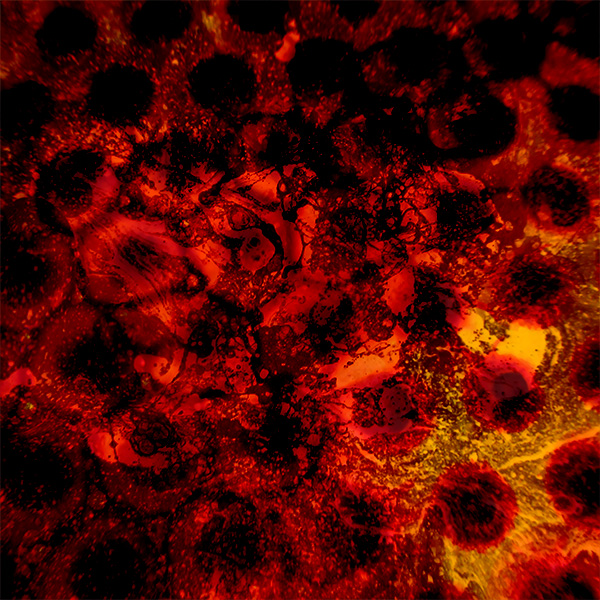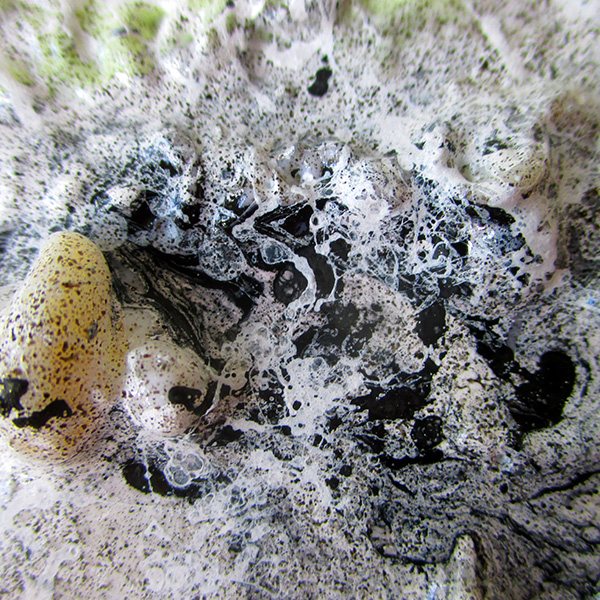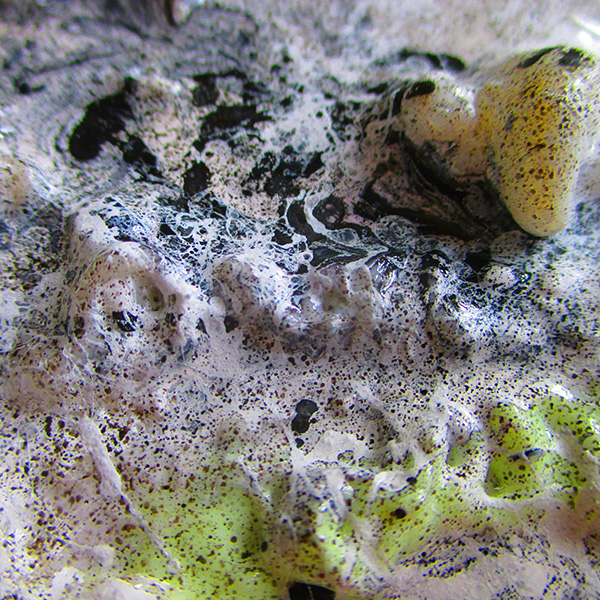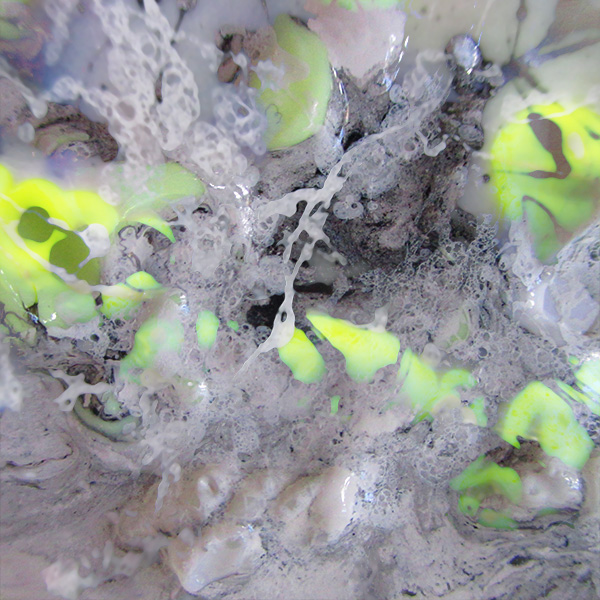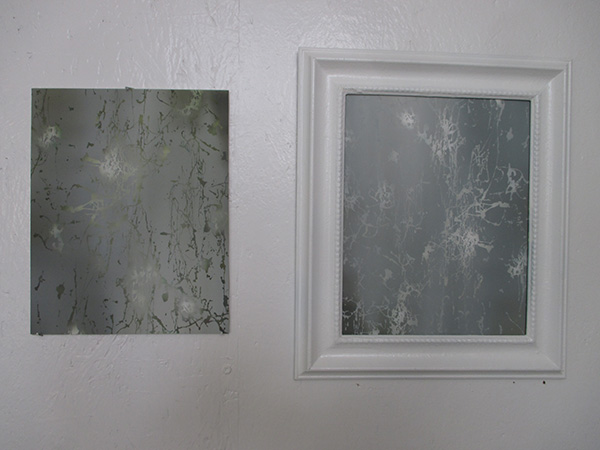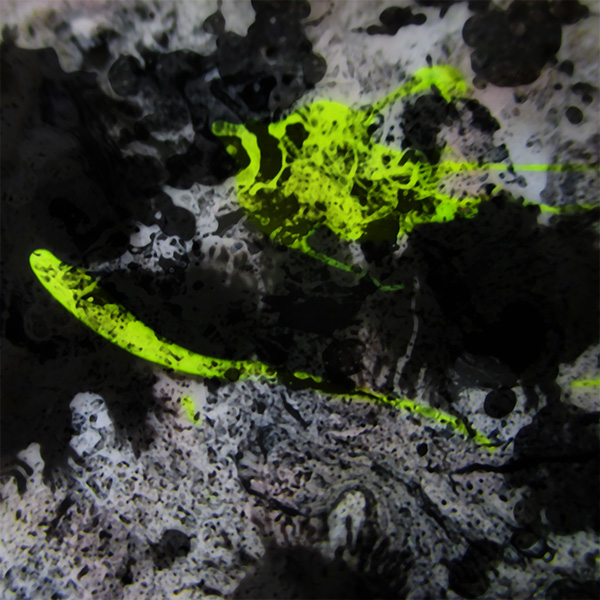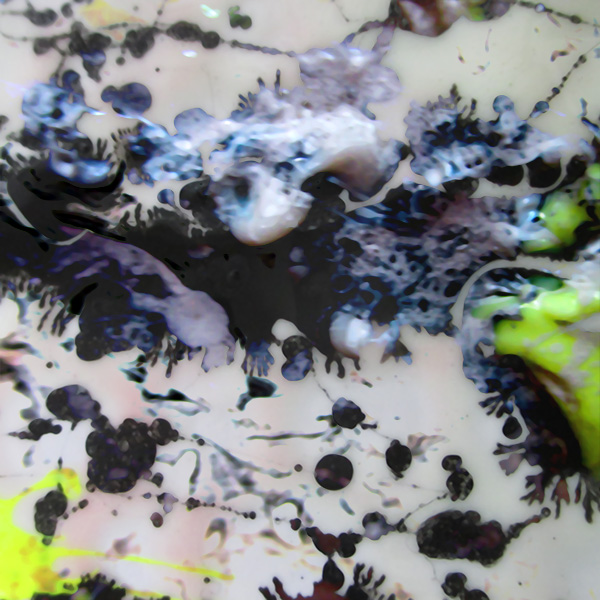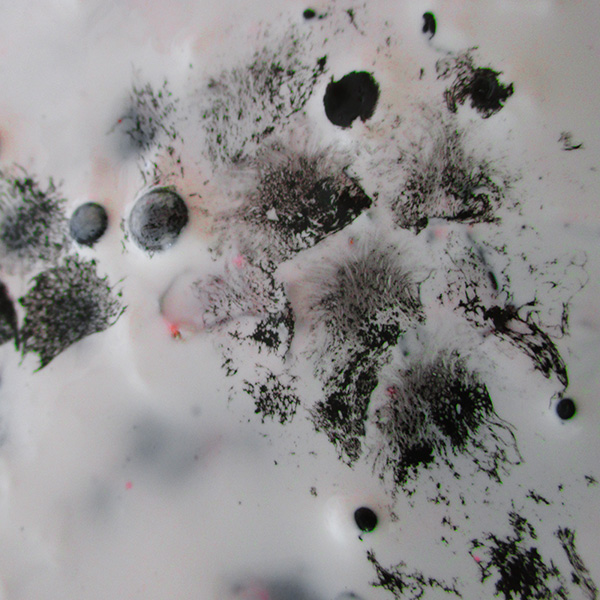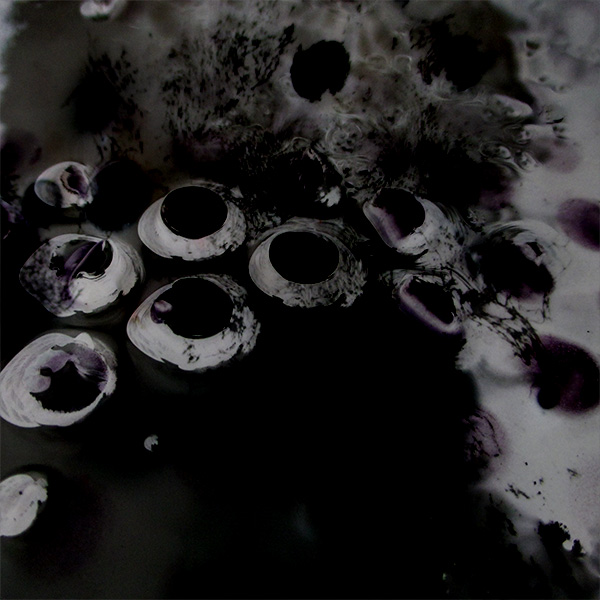Schaamte maakt meer kapot dan ons lief is
Het collectieve falen van Europeanen om Joodse medeburgers te beschermen in de jaren 1930 en 1940 en de grote schaamte hiervoor is een hoofdoorzaak voor de voortdurende genocide op Palestijnen. In Duitsland is deze schaamte begrijpelijkerwijs het grootst. Het verklaart hun kritiekloze steun aan Israël, ook bij een nieuwe genocide. Dit is echt verschrikkelijk, wij Europeanen laten een ander volk de hoogste prijs betalen om ons falen te compenseren. Lafheid op lafheid!
Hanan Toukan schrijft er gedegen over in Afterall magazine. Afterall biedt artikelen over Palestijnse kunstenaars, door Palestijnse auteurs en meer in het algemeen over de dekolonisatie van Palestina die ze in de loop der jaren hebben gepubliceerd gratis aan op hun site.
meditatie
“In tegenstelling tot het idee dat de filosofie zich met rationeel denken bezighoudt (het cogito volgens Descartes) en volgens een kritische methode te werk gaat (aldus Kant), wordt in het eerste deel van deze meditatie onderzocht hoe het contemporaine van materieel belang is en hoe we het ons anders kunnen voorstellen. Om die reden moet ik eerst afstand nemen van de Geschiedenis van de Filosofie (met hoofdletters) omdat die mij verhindert om alles wat er ‘in de tijd’ te gebeuren staat, alles wat de Aarde kan openbaren, te ervaren.”
Rick Dolphijn, Filosofie van de materie
vinden creatief denken
Het gaat niet om wat je vindt, in beide betekenissen, het gaat om creatief denken en als kunstenaar hieruit beeld maken.
We’re All Living Under Gravity’s Rainbow
Thomas Pynchon’s Gravity Rainbow uit 1973 is dankzij weirdo’s als Musk en Trump en andere rijkaards veranderd in een portret van deze tijd. Dat merkte WIRED al vorig jaar op.
“an absurdist novel that’s now only as absurd as reality itself” maar nog steeds een geweldig boek.
